As an Aussie, I can say with (totally unbiased) confidence that Australia is pretty fucking spectacular. From the food, to the natural scenery, to the culture around work/life balance — it ain't too shabby a place to live.
But for migrants looking to make the move, there are some things to be aware of before committing to a life ~Down Under~.
Which is why Reddit user, u/Minute-Masterpiece98, asked the r/Australia subreddit: "For those who have moved to Australia from overseas, what challenges would you want others to be aware of?"
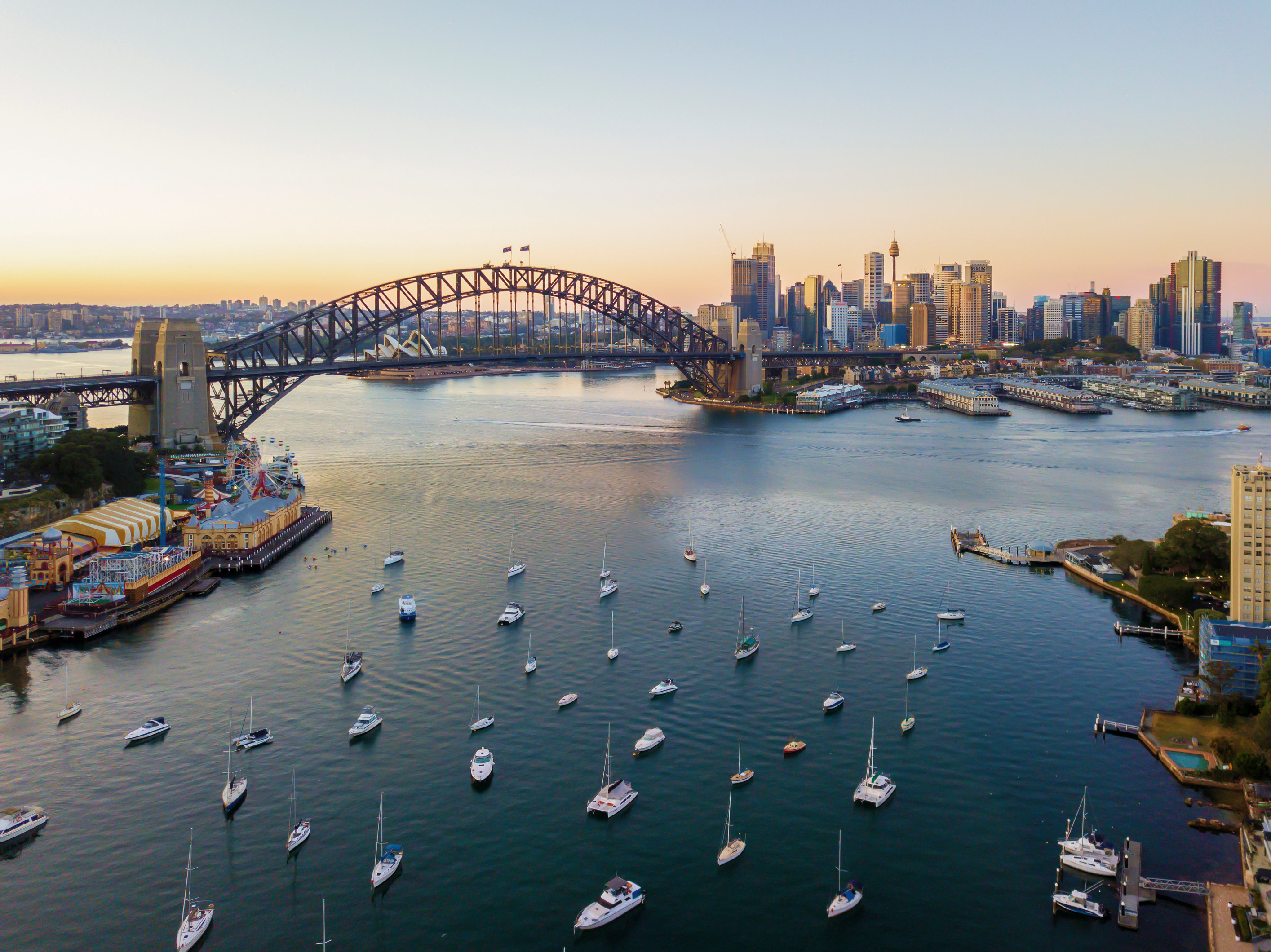
In another thread, user u/noahrosenbloom, asked non-Aussies: "What do you hate most about Australian culture?"
In both threads, a mix of Aussies and non-Australians came forward with their thoughts. Here are the most insightful responses:
1. Cost of living
"I think one needs to have a salary of at least $200K or have at least $2M wealth to be comfortable in Sydney. That's in AUD and for 2023."
—u/ScruffyPeter
"The price of cars here is fucking ridiculous. I advise you to look into how much it costs to import your own car vs. buying here."
—u/Win_an_iPad
"Moving to Australia was the best thing I ever did (10 years and counting), but it’s not to be done on a whim. Be aware that Australia is an astronomically expensive country to live in, even without the current crisis."
—u/tejedor28
Hehe rental crisis vibes!! This is my apartment floor, the same apartment that just went up by $165 per week in one go, forcing my housemate and I to move out as we can no longer afford to live here. 🙃 Ain’t Sydney GRAND?
2. Visas
"If you arrive on a temporary work or student visa, you will be subject to many limitations. For instance, unless there is a reciprocal arrangement with your home country, you will typically need to take out mandatory private health insurance.
If you have family, you won't be able to access any childcare or schooling subsidies, with many of the fees being substantially higher than that of ordinary citizens. You typically wont be able to access welfare services or support either. In summary, you will be on your own and you have to ensure you make enough and bring enough funds to support yourself, for all eventualities."
3. Housing standards
"This is perhaps subjective, but I imagine you would be hard pressed to find any immigrant from the USA or Europe that would say that housing standards, in general, weren't a problem in Australia.
Building regulations are typically much looser and property developers can get away with cutting corners. This has been going on for years and has resulted in much of the housing stock being comprised of poorly built apartment blocks, with cheap materials, poor insulation and often poor ventilation.
There is probably an argument to be had as to how much this matters, depending on the climate and where you are in Australia but it certainly becomes an issue in the colder regions like Tasmania or Victoria. Dangerously low household temperatures during winter and black mould are much more common than one might expect. It's quite embarrassing when I think about it."
"As a Midwestern American, I've never felt colder in my life than I did in a Sydney apartment over winter."
—u/[deleted]
Things I did not expect when moving to Australia: freezing my ass off in my own home. I miss proper insulation.
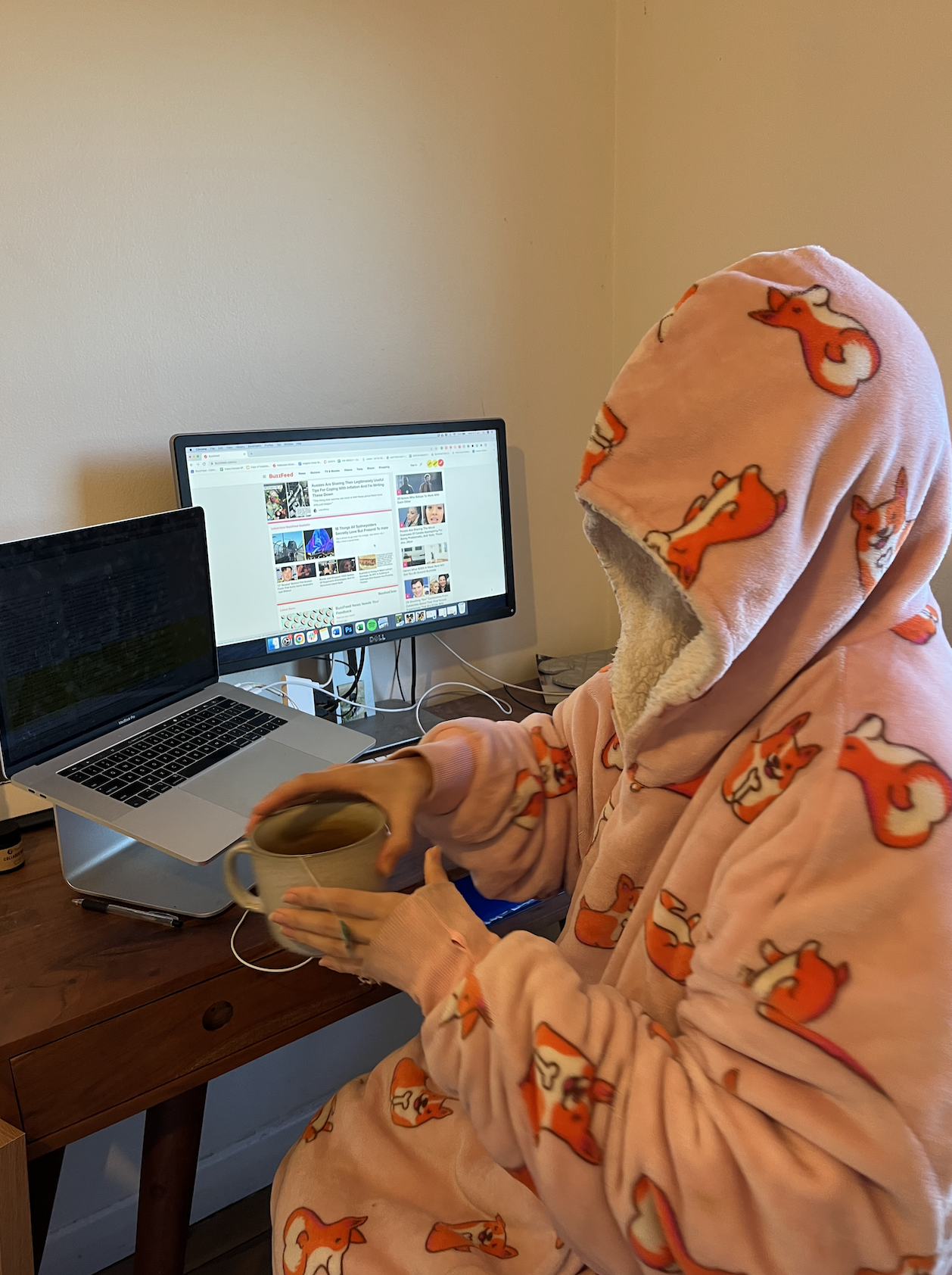
4. Permanent residency
"If you plan to work your way towards PR, the system that's in place can be very bureaucratic, with lots of red tape. Often, qualifications in your home country won't be fully recognised, prompting you to pay for further education. Your existing skills will often need to be evaluated by an assessment body (which can easily run into thousands of dollars).
In short, many complicated rules and lots of fees to account for. It isn't uncommon for some people to work close to a decade trying to secure their residency, only to be forced to return home, sacrificing all that tax they had paid in the process.
If you meet the criteria to get yourself a Permanent Residency work visa, before arriving in Australia, then in my opinion, it is 1000% worth it. It will give you so much more peace of mind and that added sense of security. If you lose your job, you wont have to panic, trying to find a new one within 60 days."
5. Closing times
"Almost all shops in Australia close early. Trying to go to a bank or a post office if you can't get out of work is just horrible."
"Most shops, besides supermarkets and Kmart and take away/fast food, close at 5pm, except Thursday and Friday where they'll normally close 8–9pm. Going to the bank or post office can be a nightmare because they shut so early and aren't open weekends."
—u/TonyBoat402
6. Our drinking culture
"As an Australian, I hate the drinking culture we have and how you are treated as weird if you don't drink."
—u/creztor
"Yes! Everything revolves around booze and no one bats an eyelid. It's nothing to blow $400, lose half your personal effects and disgrace yourself completely in public on a Friday night. Everyone thinks that’s 'having a good time'. It 'clutch-my-pearls' shocks me — and I’m a born and bred Outback Aussie."
Australian drinking culture is genuinely disgusting and it’s fucked how deeply ingrained it is in our national identity
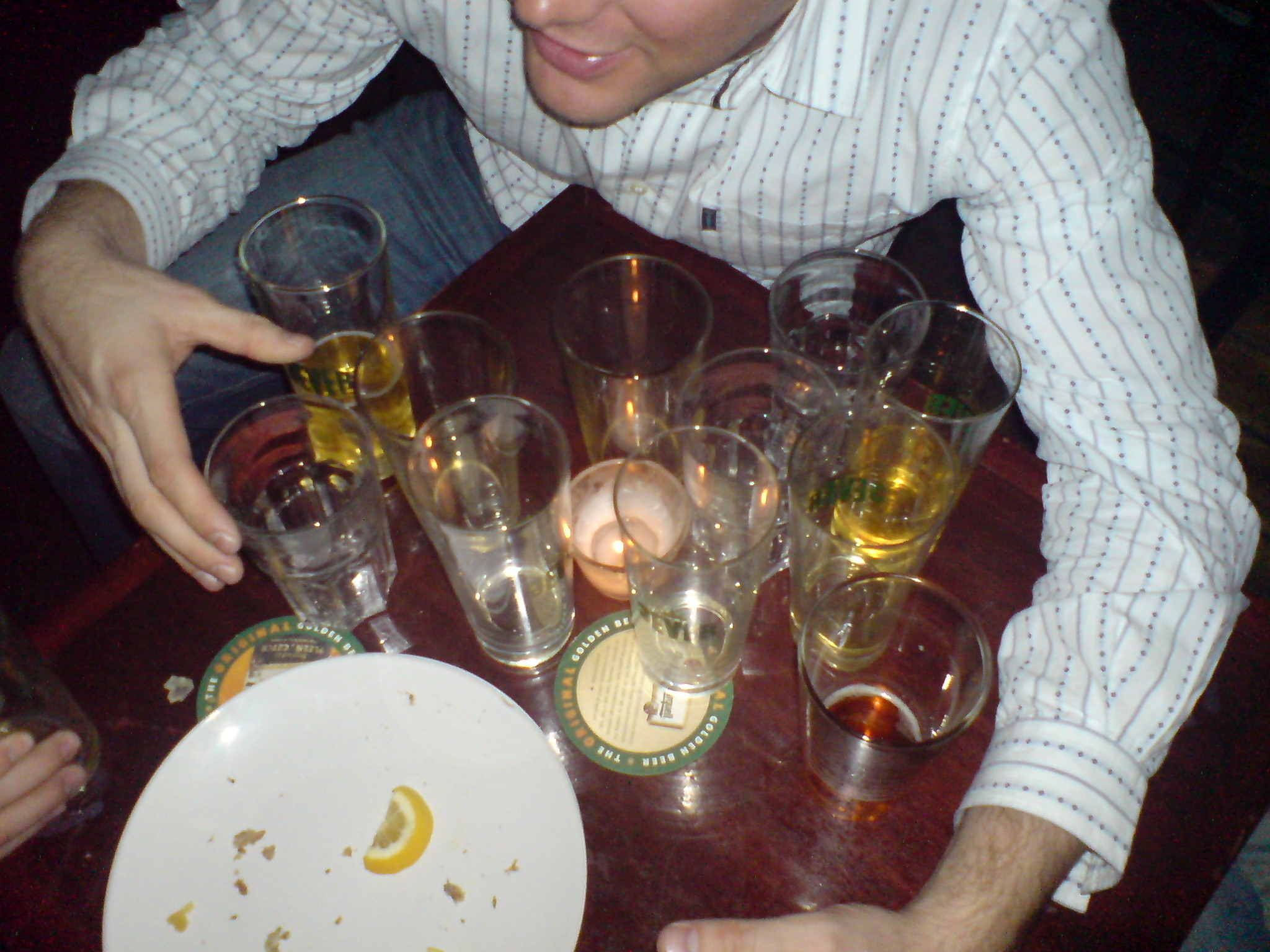
7. Workers' rights
"Just because you are an immigrant it doesn't mean you aren't afforded the same labour rights and protections. Google them for the state you are going to and familiarise yourself with the systems.
Australia is more pro-worker than many countries out there."
8. Rental market
"The current rental market is incredibly competitive. Unlike some countries, few states here have laws that protect against rental bidding. Essentially giving the upper hand to those with greater comparative wealth. Those who can't afford to pay well above the weekly asking price often get stuck, or forced into sub-standard dwelling that is a great distance from their preferred location.
Probably worth pointing out also that tenants have much more limited protections when compared to landlords. If they want to kick you out for no reason, they pretty much can."
9. Certified documents
"I moved over here from England about seven years ago and I was surprised at the amount of documentation I needed for pretty much everything — getting a job, renting an apartment etc.
I came over here totally unprepared for a prospective employer to ask to see my degree certificate, but that was exactly what happened and I needed to get a notarised copy organised and sent over pretty quickly.
This probably varies depending on your line of work, but I think I've needed it every time I've changed jobs since arriving here."
"Also from the UK. For a basic ID card in Victoria, I needed to get a whole bunch of documents certified by a Justice of the Peace (qualified professional), in person, with ink stamped signatures.
Sometimes I feel like they have processes here just for the sake of having processes. They don't actually make a significant difference.
As for real estate agents, they practically have my blood samples on file. There isn't any other data I could possibly give them...and yet I know zero about the mysterious, nameless, landlords."
10. Extreme weather events
"Another thing to note is be cautious of where you rent or buy — flooding, fires, hurricanes, etc. [Australia doesn't] really get earthquakes, but plenty of other weather can damage the home and insurance costs can be huge."
—u/floofygiggle
"To add to this, it doesn't matter if a whole suburb is in a flood zone and it's a 'hot' area for new owners, just don't do it. Entire towns are built on flood plains in Australia and they do get wiped out. So much easier to check the 100 year flood maps and just not live in these places. Because you might be fine for 40 years, but that 41st might take everything from you.
That and insurance companies are starting to no longer insure high risk houses."
11. Applying for jobs
"If you’ve got a high level qualification for what you do, I’d start by applying for jobs here first. If you can secure a position first, everything afterwards is a lot more straightforward. Opting for somewhere outside the capital cities would help too. It worked for us — got work and moved out on a three year specialised worker visa, then permanent residency and citizenship as soon as we were eligible."
"[If you're applying this way], make it look like you're already in Australia. Aussie phone, address, .au email on your resume, VPN into Australia when applying etc.
Also like most jobs, particularly remote ones, it's about networks. Make sure you explore all options with your Australian (ex)colleagues and friends to try and get past the first cull by the recruiter/HR."
—u/_-tk-421-_
12. Public transport
"Our public transport is incredibly bad and it differs hugely state to state."
—u/vulpecula360
"THIS^. There's no continuity in Australia's transport system — you can get a train out of Sydney, as far as the Central Coast. But then you basically rely on regional buses/ferries/hitchhiking to get to where you're going. Infrastructure is terrible."
—u/[deleted]
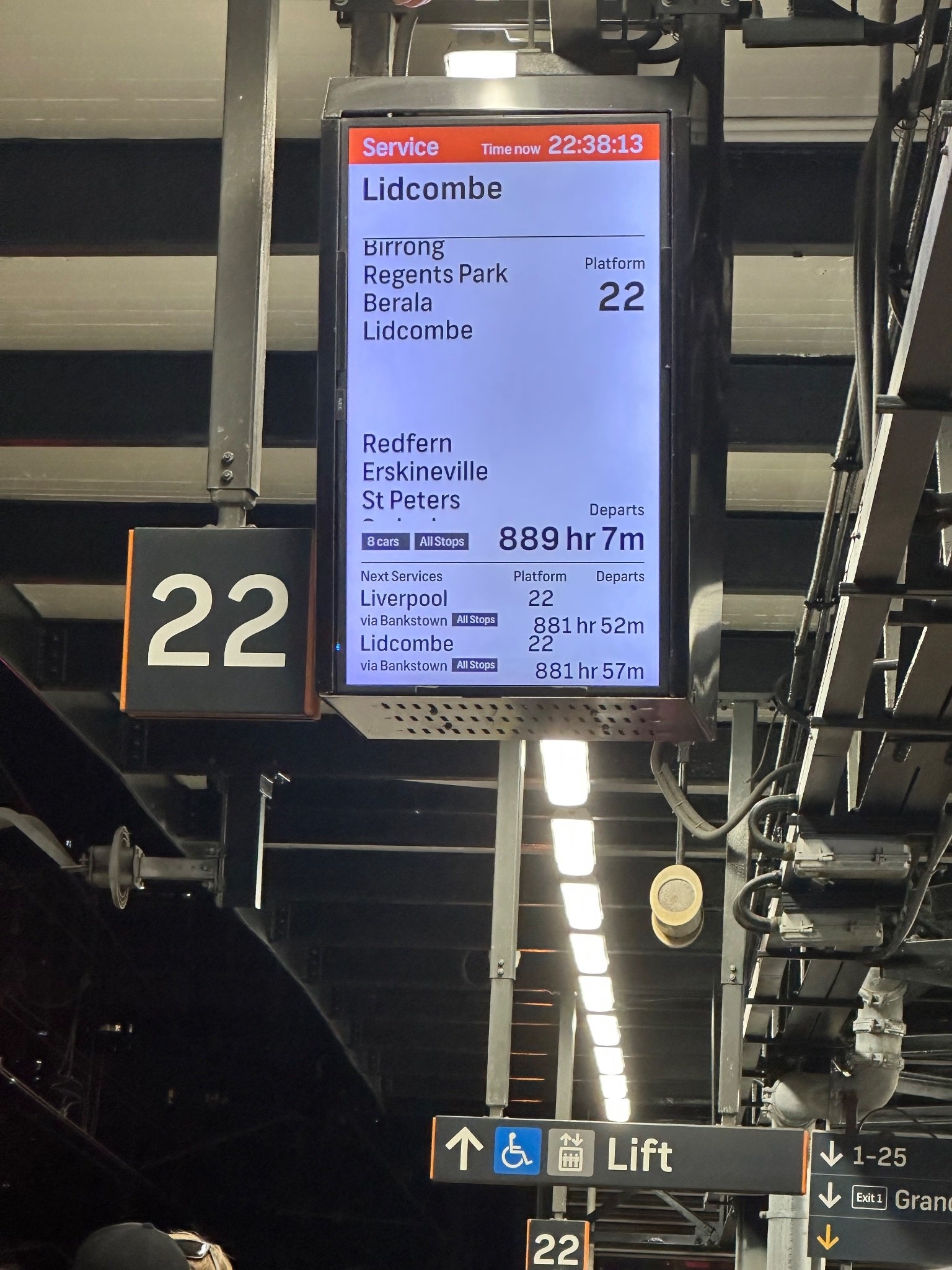
13. And the over-reliance on car ownerships
"[I can't understand] people defending Australia's dog-shit urban planning. The reality is, in most Australian towns and cities, you cannot do anything without a car. Back in Europe, I would drive only when needing to move something big and heavy over a non-walkable distance, or travelling to another city.
Why am I walking 40 minutes over a big dirt/patchy grass field 'green space' to get to my local shops?"
—u/Galadhurin
"Yep. It really opens your eyes to see how better planned other countries are when you can walk a few metres to get something.
You'll have people in Melbourne defending it by saying you should use the trams and public transport, but that isn't practical for everyone (people who need to buy in bulk and don't want to go daily)."
—u/ichann3
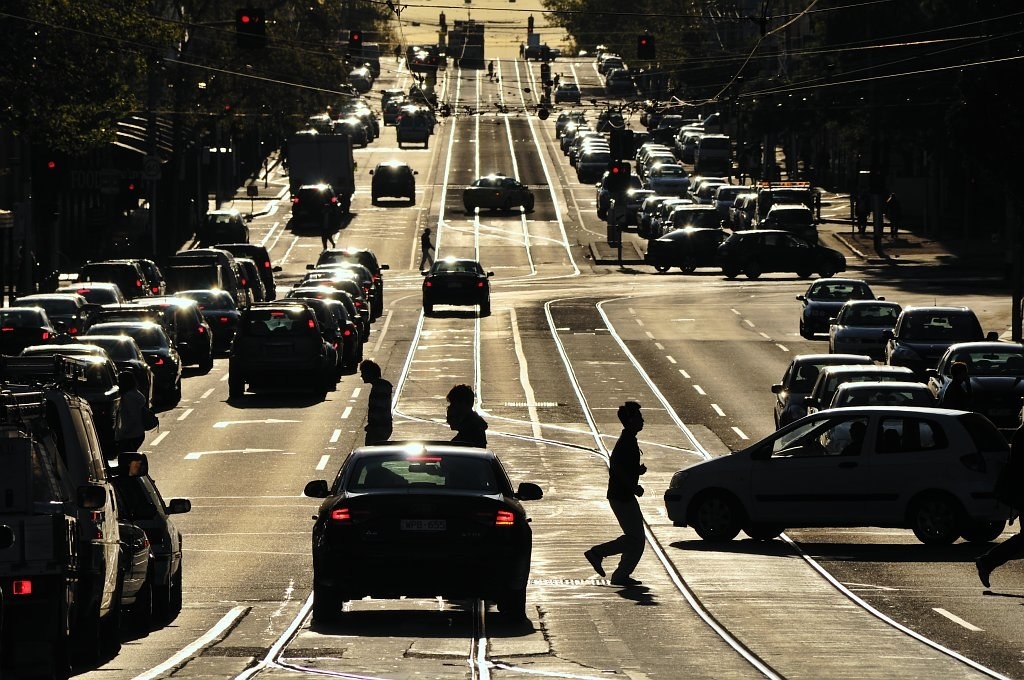
14. Wi-Fi and phone service
"Our internet sucks and public Wi-Fi is scarce and always incredibly slow (Macca's is your best bet and probably most common option). For mobile phone plans, I'd recommend either a Telstra or Optus reseller — Telstra if you plan on spending a lot of time in regional/rural areas. Avoid Vodafone and Vodafone resellers unless they've drastically improved their coverage in the last few years."
—u/vulpecula360
15. Water safety
"Learn basic beach safety (swim between the flags, learn to recognise rip currents if you are going to unpatrolled ocean beaches).
If you are young-ish, there's a moderate amount of socialisation that takes place around water. You'll be invited to the beach or pool parties and water is more dangerous than people give it credit for."
—u/sirgog
"Seriously though, the flags are there for a reason. If a beach has no flags, don't swim at all. If you dont know how to read a rip, it is very likely to kill you.
I know the meme is that our wildlife will kill you, but generally speaking, very few people are killed by our wildlife. Lots of people drown in the surf though.
So, again: Swim between the flags."
16. And finally, small talk in corporate culture
"Working in Australia, I can't just dive into work-related issues with co-workers in a concise and efficient manner. Every approach (phone or desk) requires a few minutes of mind-numbing chatter, how was your weekend, how are the kids, bla bla, before we can talk work at work — it makes me crazy."
—u/oztops
"As an Australian who hates small talk and frankly is very awkward doing it, whenever I run my team meetings I join in the initial hello, how are you, how was your weekend, then I just literally sit quietly and let them all chat for a few minutes. The key to ending it is to jump in on a laugh everyone’s sharing, be the last one laughing, wind it down with a happy sigh/exhale and immediately lead in with work matters. Works a charm every time."
Tell us Aussies — what advice would you give to non-Australians? Let us know your thoughts in the comments below!
Reddit responses have been edited for length and/or clarity.
